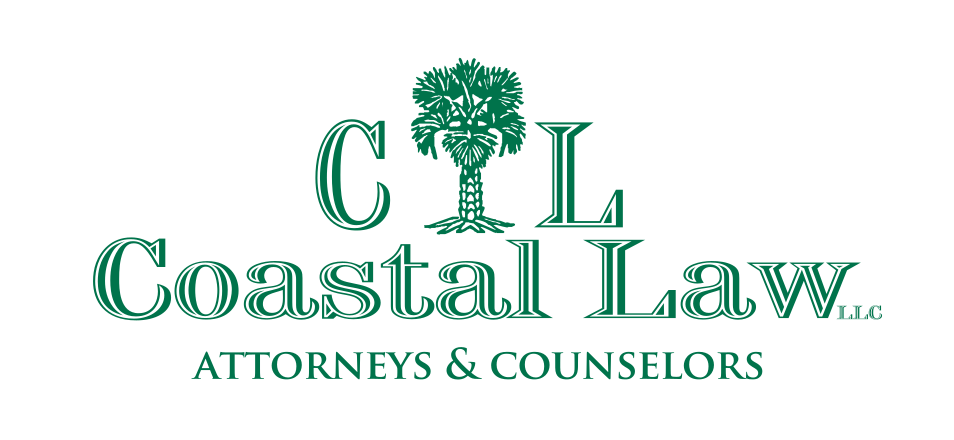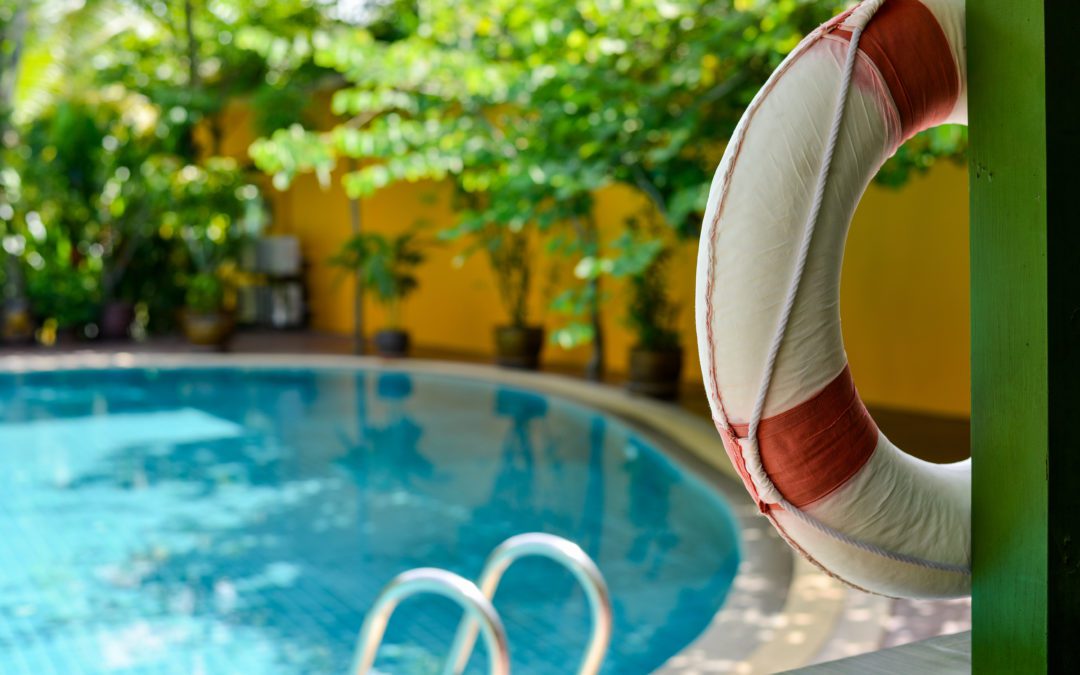A lawsuit based on a Hanahan apartment complex drowning in 2016 has settled for $6 million after the federal district court denied the apartment complex’s motion for summary judgment earlier this year.
A three-year-old child wandered into the swimming pool area through an unsecured door. He was found face down in the pool and died a week later. His family sued for wrongful death, alleging that the child’s death “was proximately caused by NOVO’s negligent, negligent per se, grossly negligent, careless, willful, wanton, and reckless conduct.”
The district court denied the apartment complex’s motion for summary judgment, which means the case would have been headed to trial if they had not settled the claim.
Why was the apartment complex liable for the child’s death? What does the law say about premises liability for swimming pool drownings? Is the law different when children are involved?
If you or someone in your family has been hurt in a swimming pool accident caused by someone else’s negligence, call or email the Myrtle Beach swimming pool accident attorneys at Coastal Law immediately. Do not delay, because the pool owners and operators and their insurance companies are already gearing up and preparing to fight your lawsuit.
The Hanahan Apartment Complex Drowning
The drowning victim gained access to the swimming pool through an unlocked gate, although another safety issue was that the fence was designed with holes in it that would allow a young child to easily climb over.
Plaintiffs… allege that on May 18, 2016, NOVO was preparing for the pool opening in June and left gates and access points to the pool unlocked, unsecure, opened, and/or left the pool in such a condition that enable decedent to gain entry to the pool. That day, decedent was found face down in the pool; he died on May 25, 2016.
According to a Charleston attorney who cites the child’s attorneys, the boy was playing with two young cousins on the tennis court when they wandered out of view of family members who were watching them. Within moments, one of the cousins ran out asking for help because the three-year-old had fallen into the pool.
None of the gates to access the pool area were equipped with self-latching or self-closing latches which are required under SC law. There were open spaces between the bricks in an “ornamental” wall that surrounded the pool, allowing children to easily climb over the fence. Moreover, although the pool had been closed for six months, there was no cover over the pool.
According to the attorneys, the apartment complex immediately lied about whether the gate was unlocked when the children entered the pool area:
“The crazy thing was the lies that the apartment complex told,” Yarborough said. “They orchestrated testimony that they had unlocked the gate after the police have arrived, and the first policeman on the scene said he went through an open gate, and didn’t see anyone else around that could have opened it.”
The highest offer the apartment complex made during mediation conferences was $100,000. The federal court denied summary judgment (clearing the case to go forward to trial) in February of this year, and then it settled a few months later for $6 million.
What is an Apartment Complex’s Responsibility?
Premises liability law is different when children are involved.
If an adult jumps a fence, dives into a closed swimming pool, and drowns, the owner or operator of the swimming pool is probably not going to be liable for the death. The doctrine of “attractive nuisance” applies when the drowning victim is a child, however.
The district court outlined the attractive nuisance doctrine that governs the plaintiff’s claims:
[a] possessor of land is subject to liability for physical harm to children trespassing thereon caused by an artificial condition upon the land if:
(a) the place where the condition exists is one upon which the possessor knows or has reason to know that children are likely to trespass, and
(b) the condition is one of which the possessor knows or has reason to know and which he realizes or should realize will involve an unreasonable risk of death or serious bodily harm to such children, and
(c) the children because of their youth do not discover the condition or realize the risk involved in intermeddling with it or in coming within the area made dangerous by it, and
(d) the utility to the possessor of maintaining the condition and the burden of eliminating the danger are slight as compared with the risk to children involved, and
(e) the possessor fails to exercise reasonable care to eliminate the danger or otherwise to protect the children.
The district court noted that the apartment complex did not even address the attractive nuisance standard in their motion for summary judgment, instead focusing on whether the relevant building codes applied to them at the time of the drowning – building codes that were only relevant for two out of the 37 claims against them.
Whether the building code applies to the apartment complex and whether they complied with it could be a defense to a “negligence per se” claim which is based on a violation of the statute, but the other 35 claims that were based in negligence did not rely on violations of the building codes:
A negligence per se claim obviously cannot survive if it is based on an inapplicable code or regulation, but NOVO has neither presented any law or arguments on plaintiffs’ negligence per se claims nor mentioned “negligence per se” at all in its motion. The complaint enumerates 37 allegations of NOVO’s negligence, and only two of these reference “regulations, ordinances, [or] codes.” ECF No. 1 ¶ 21(w)-21(x). The remaining allegations relate to general negligence, gross negligence, willfulness, wantonness or recklessness in breaching the duty owed to decedent.
Although “the court will not engage in conjecture about a party’s intent or argument,” it’s clear that the insurance defense attorneys probably knew what the applicable standard was and did not address it because they knew they would lose based on that standard. Instead, they “rolled the dice” on summary judgment, arguing whether the apartment complex complied with the building codes what may have been an attempt to confuse the court.
The court refused to grant summary judgment on any of the claims and the case was headed to a jury – a jury that may have awarded more than $6 million after hearing the facts…
SC Swimming Pool Accident Lawyers in Myrtle Beach, SC
If you or a family member was hurt in a swimming pool, you may have a claim against the property owner, property manager, swimming pool operator, or third companies like lifeguard companies or equipment manufacturers.
Your Myrtle Beach swimming pool injury attorney at Coastal Law will help you to determine who was responsible for the accident, gather the evidence to prove it, and file suit against the responsible parties. Call us now at (843) 488-5000 or fill out our online form to set up a free initial consultation.


